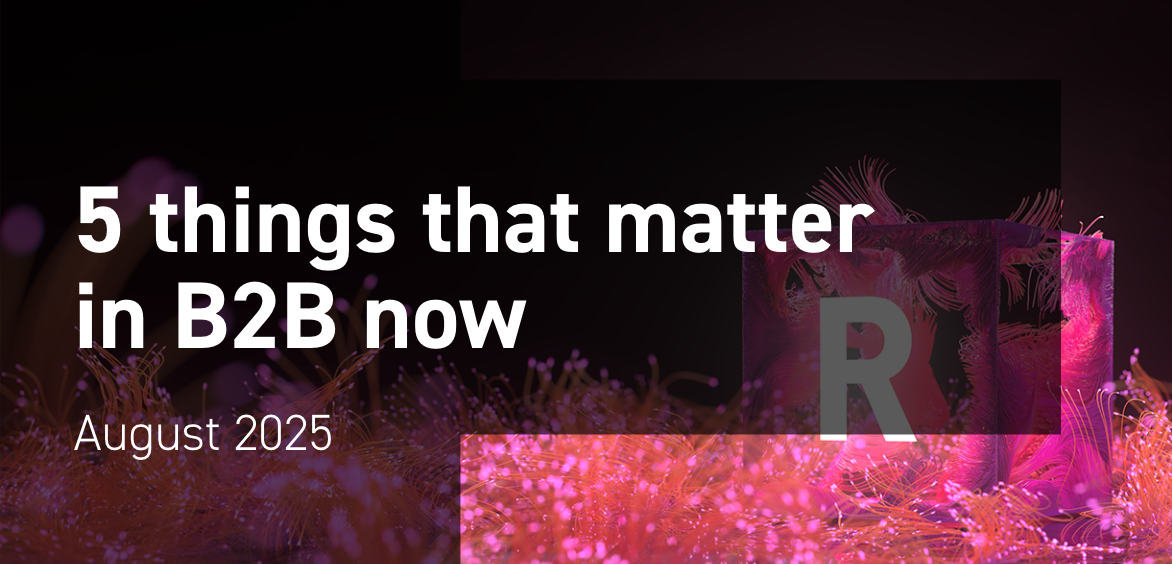What does employee engagement mean to me?
In essence, employee engagement (EE) describes the level of enthusiasm and dedication employees feel towards their job or, as cited in the work of the Utrecht University group of occupational psychologists – it is the vigour, dedication and absorption an employee shows towards their work. Understanding how engaged your employees are is crucial to the running of a business, especially when your only real asset is those people and their skills.
For me, engagement goes even deeper than this – it’s about how much employees care to provide you with this feedback, whether that be positive or critical. The key engagement number for me is how many of our employees have engaged with our Employee Engagement platform. Yes, of course the scores and comments being provided are vital to shaping our people strategy, but what would concern me the most is if people stopped providing any feedback at all.
If someone is taking the time to provide you with feedback, however negative that maybe, they are engaged enough to want to make the business a better place. All feedback, positive and constructive, is a gift to be utilised and listened to. This of course is a foundational starting place, there are many aspects that roll into employee engagement, and the topic has been widely debated in the HR world but, to me, it all boils down to “care” – do employees care about their work, do they care about the business, do they care about the people they work with. This, for me, tells me how engaged they are.




